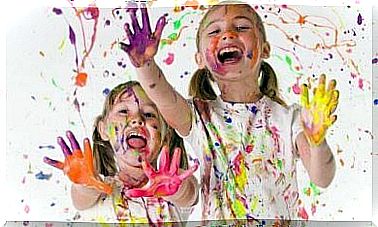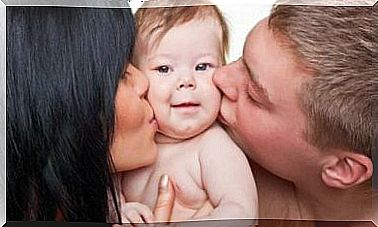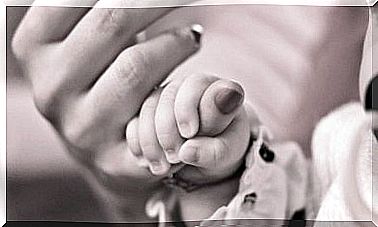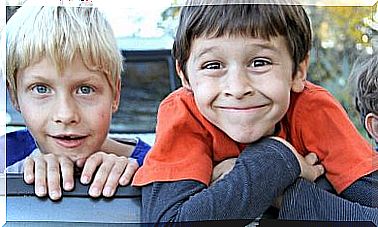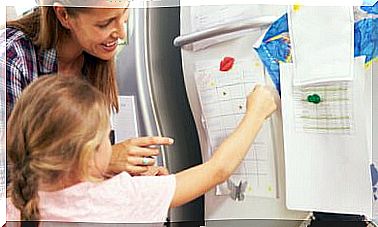Some Cry And Others Smile. How Do Children’s Characters Develop?
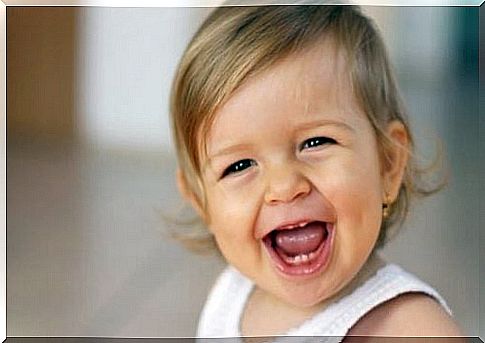
In this world, no one is the same. Different character types are developed from an early age. Something that certainly doesn’t work for one child may work for another.
While some children laugh often and rarely cry, others tend to behave the opposite.
From birth, a baby shows different temperaments. And, normally, from one year of age onwards, you can already express your own character.
There was a time in science when children’s behavior was believed to be only hereditary. Supposedly they could be influenced by “body fluids”, glands, including the formation of the body.
However, today it is proven that most character is determined by learning.
Emotional stimuli and the way they learn to respond in various situations are responsible for shaping children’s character.
Traits that define the character of children
Sociability
Some children feel more confident when talking to adults. While that’s not bad, it can be risky for what they say and who they talk to.
Therefore, it is convenient to teach them to adapt this behavior, which helps to shape their character.
On the other hand, one should not pressure children to socialize less either. On the contrary, it is necessary to allow time and accompany them at every opportunity.
Although they appear to have a defined personality, little ones may need help improving certain traits.
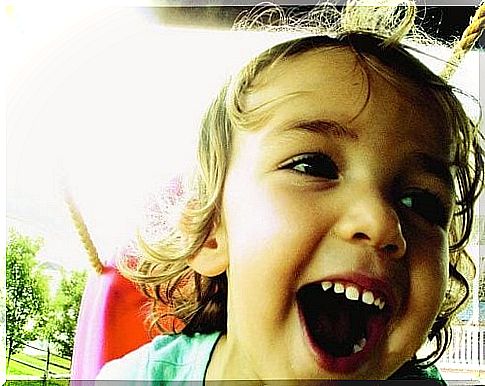
activity level
In this case, if the child is active, it is advisable to give tasks to occupy his time. This does not mean that she behaves badly, but she is restless by nature and needs more occupation.
Therefore, children with these characteristics need space both indoors and outdoors. However, you should avoid very long exits where the child can move freely.
But if, on the other hand, the child is calmer, he will enjoy his free time without needing to have many activities.
However, be aware that excess in either case – be it too much activity or too much passivity – can indicate a number of problems.
Regularity
Some children tend to make daily activities easier for their parents. They are able to maintain routines of eating, sleeping, playing, etc.
However, when unforeseen events appear, such as trips, for example, they may find it more difficult to get used to it.
The opposite of this situation is when there is no order and children eat or sleep poorly.
They are usually very regular children even though most of their activities are disrupted. It is often difficult for them to adapt to routines.
emotionality
In this situation, it seems that the child expresses emotions with great intensity and demonstrates through the strength of his crying or laughter.
In the case of these children, it is necessary to distinguish when this expression is true or false.
At the same time, we cannot ignore less intense feelings in children. It is important to be attentive to expression in order to achieve greater strength in children’s characters.
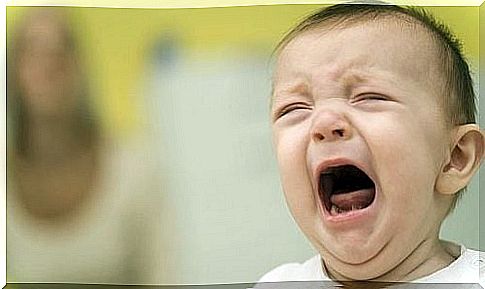
Adaptability
Some children are able to adapt easily. But it is recommended that parents respect the routine because, after all, it is necessary.
Otherwise, parents should be very patient, adding new activities daily to help them adapt gradually.
sensitivity
Very sensitive children do not easily accept variations in flavors, textures, lights, smells and temperatures. When they grow up, they will likely become detail-oriented and perfectionist people.
On the other hand, children with less sensitivity will not be a lot of work, although they are not so easy to see exactly what might be bothering them.
Humor
For some children, joy prevails most of the time, while others will be more serious or more impatient. It’s very easy to find out what our children’s state of mind is.
Happy children are easier to deal with. But we must be on the lookout to find out how they express their frustrations and angry moments.
For children who smile more often, it can be more difficult to express their contrary emotions as easily as the more grumpy ones.
In the case of children where moodiness or seriousness predominates, it must be accepted that it is a characteristic of their personality. However, it is also helpful to teach how to show joy.

